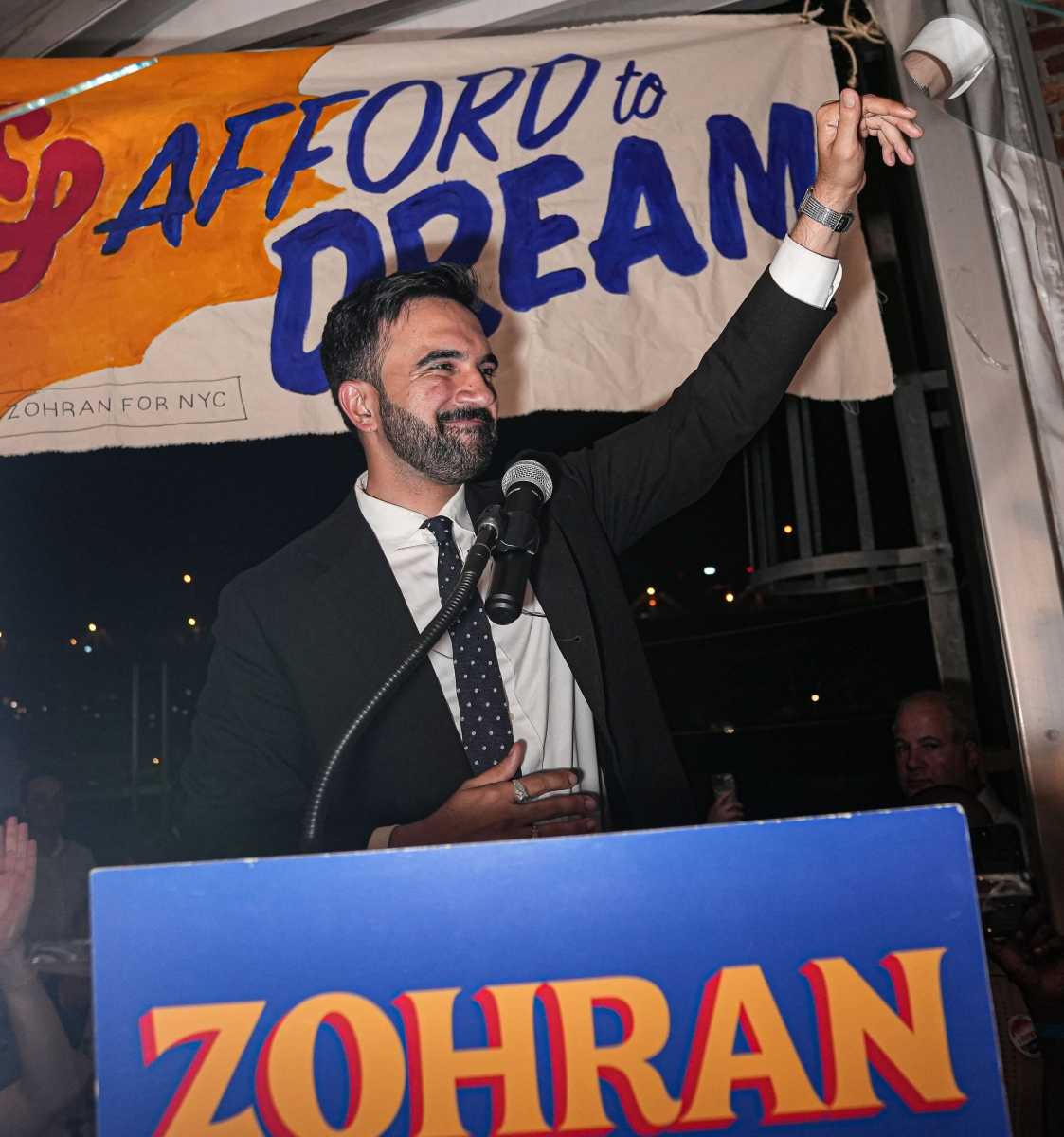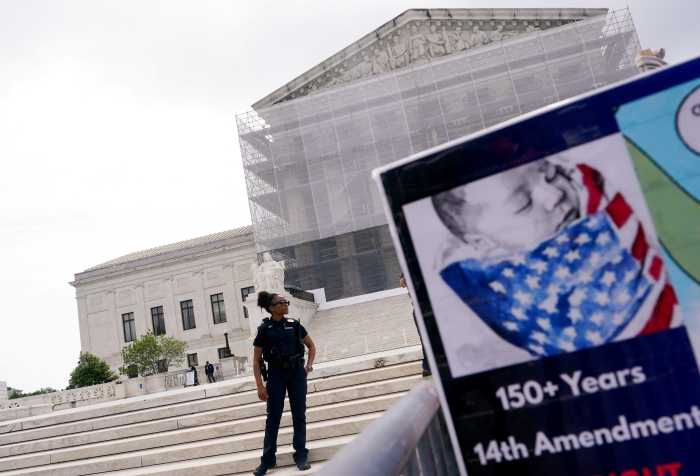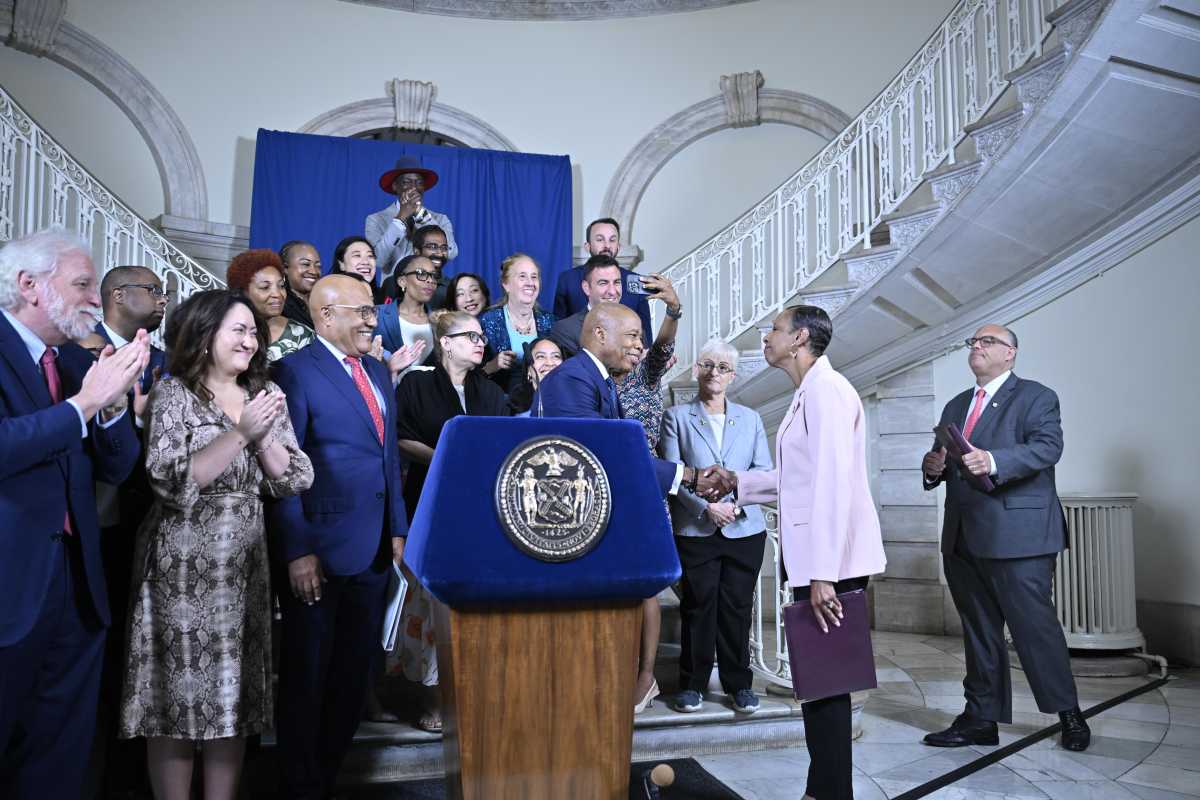By Gabriel Rom
A controversial piece of legislation sponsored by Councilwoman Elizabeth Crowley (D-Glendale) which seeks to amend and expand the city’s oversight of nonprofit organizations that receive funding from the city got its first hearing in front of the Council’s contracts committee last week.
This past July in the wake of Thomas Galante’s alleged fraud as the president and CEO of the Queens Public Library, Carl Koerner, chairman of the library’s board, said “since the date of these charges this board has imposed even greater standards for incurring and documenting purchases.”
“It’s important going forward that we can stop this corruption before it begins,” Crowley told the panel last Friday. “Right now there is no law that would have required someone like Tom Galante to report outside income to any city agency…there is no excuse for city funds to be immune from this type of disclosure.”
The bill would require officers of nonprofit organizations–defined as chief executive, operating and finance officers–who receive 50 percent or more of their funding from the city, to file conflict of interest disclosure forms to city agencies that fund them.
Galante was dismissed in December 2014 from his post and is being investigated by federal prosecutors, the FBI and the city Department of Investigation for an alleged use of almost $310,000 in prohibited expenses. An audit by City Comptroller Scott Stringer found that Galante was also collecting outside income from another job while employed by the library.
Nonprofits are currently required to file financial information to a number of state and federal agencies, but Crowley pointed out that “that there is no city agency tasked with collecting and reviewing this information.”
Lisette Camilo, director of the Mayor’s Office of Contract Services, said the “primary fiduciary responsibility” to catch wrongdoing belonged to the boards of the nonprofits themselves, calling that lack of oversight as “one of the bigger failures in the Queens Public Library scandal”
Opponents of the bill, which includes the mayor’s office, see it as a cudgel that will further complicate an already sprawling regulatory structure for the nonprofit industry, creating “an unworkable mandate that would compound the already high administrative and financial burdens on nonprofit organizations,” according to testimony from the Human Services Council, a nonprofit membership organization.
Laura Abel, from The Lawyers Alliance testified that the bill “would duplicate, and in some instances contradict, federal and state laws already in effect.”
Amid the web of agencies involved in nonprofit oversight, some confusion arose at the hearing over what exactly nonprofits are currently required to disclose and to whom.
“There is no disclosure requirement regarding outside income,” Camilo told the panel.
“Thank you. That is what we’re really getting at today,” Crowley responded, with a touch of exasperation.
Minutes later Camilo added that a recent amendment to the state’s 2013 Nonprofit Revitalization Act, with regard to any public libraries, does require disclosure of outside income.
“This is why we have hearings,” Crowley said after the hearing.
Reach reporter Gabriel Rom by e-mail at grom@



































